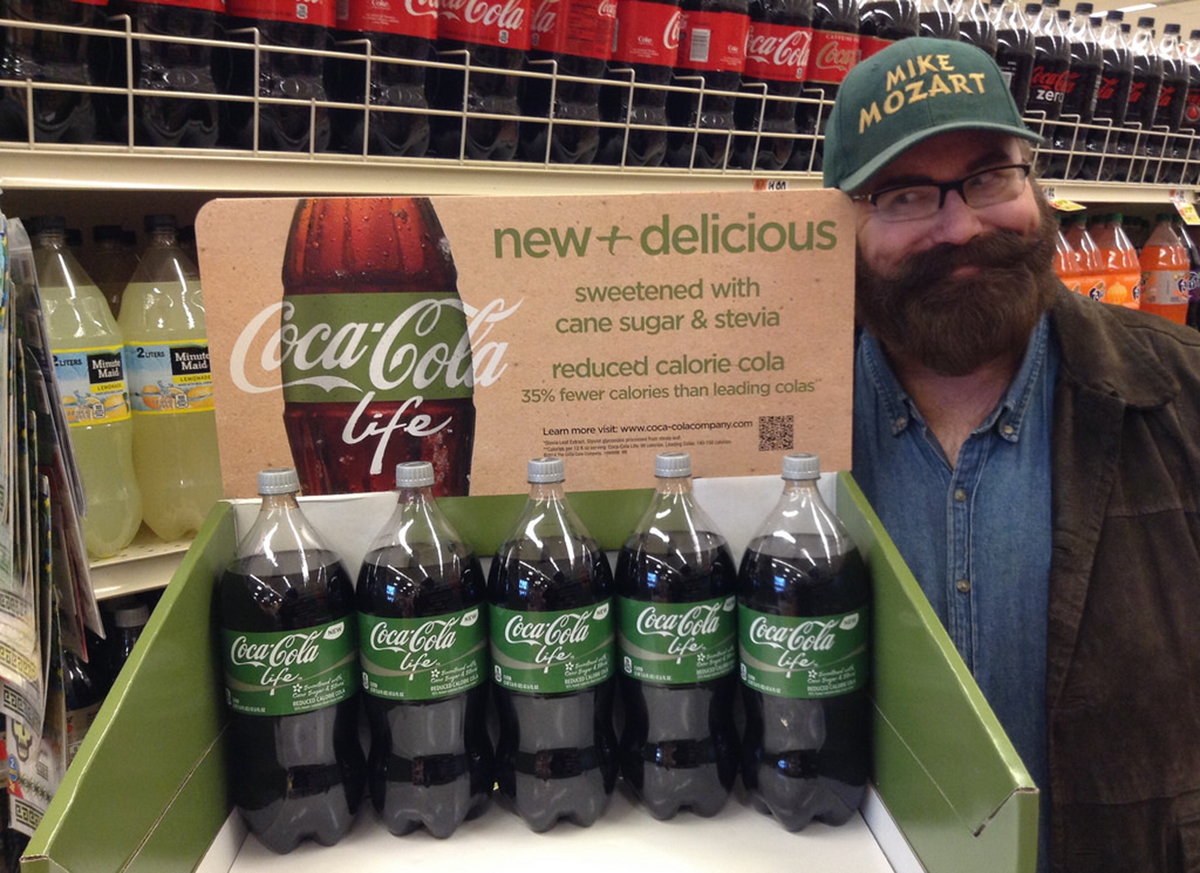Table of Contents
Just how do scientists know artificial sweeteners change bacteria in the colon that change the way our bodies use sugar?

Dr. Elinav and his research team gave three groups of mice water sweetened with aspartame (Nutrasweet), sucralose (Splenda), or cyclamates, and three groups of mice plain water, or water sweetened with table sugar (sucrose) or the kind of sugar the body uses directly (glucose). After a week, the scientists gave all the mice a hefty dose of glucose and measured how it affected blood glucose levels.
Having the Wrong Bacteria May Drive Diabetes and Weight Gain
Next the researchers gave all the mice antibiotics to kill the bacteria in their digestive tracts. This corrected the prediabetes in the mice that had been given water with artificial sweeteners. Finally, the researchers transplanted some of the bacteria that had been growing in the colons of the mice that became prediabetic into healthy mice, without giving them artificial sweeteners, and found that those mice also developed problems with blood sugar regulation. Moreover, they put on weight on their little hips and had high blood sugar levels even when they were not fed.
This explains, the researchers believe, why most people gain weight when they use artificial sweeteners, even if they consume fewer or the same number of calories, and even if they start exercising, too. Swigging down a Diet Coke (which is labeled for aspartame but also contains cyclamates) three or four times day, or drinking coffee sweetened with Sweet 'n Low all day, or using Splenda or cyclamates, encourages the growth of bacteria that are super-efficient at breaking down fibers into sugars, some of which get into the bloodstream.
Repeating the Experiment with Humans
Mice enthusiastically eat each other's feces. Humans do not. The Israelis researchers expected that there might be more individual differences in human volunteers, and there were. When Elinav and Segal repeated their experiment with humans, who were not kept in the same cage, they found that only 4 out of 7 volunteers developed blood glucose regulation problems after a week of using artificial sweeteners. But it only took a week for problems to show up.
So What Can We Do If Artificial Sweeteners Cause the Problems They Are Supposed to Prevent?
Here are some suggestions:
- If you aren't already diabetic, consume small amounts of real sugar less fequently. Get used to drinking unsweetened drinks and eating savory foods instead of sweets.
- If you are already diabetic, don't compound the problem by consuming large amounts of diet drinks or "no sugar added" desserts. Measure your blood sugar levels several times a day to know exactly how food and activity are affecting you.
- Whether you are diabetic or not, eat lots of probiotic foods, such as yogurt, sauerkraut, kimchi, and red wine. Maintaining healthy bacteria reduces your appetite, and also displaces some of the bacteria that make you want to eat more, more, more.
See Also: Top Ten Sources Of Aspartame
There is no evidence, by the way, that stevia has the same effects on gut bacteria as Nutrasweet, Splenda, and cyclamates. But it's not a bad idea to use stevia sparingly, too. The more you control your sweet tooth, the less harmful bacteria will control you.
- Suez J, Korem T, Zeevi D, Zilberman-Schapira G, Thaiss CA, Maza O, Israeli D, Zmora N, Gilad S, Weinberger A, Kuperman Y, Harmelin A, Kolodkin-Gal I, Shapiro H, Halpern Z, Segal E, Elinav E. Artificial sweeteners induce glucose intolerance by altering the gut microbiota. Nature. 2014 Sep 17. doi: 10.1038/nature13793. [Epub ahead of print]PMID: 25231862.Photo courtesy of Hardworkinghippy via Flickr: www.flickr.com/photos/hardworkinghippy/2634432687
- Photo courtesy of JeepersMedia via Flickr: www.flickr.com/photos/jeepersmedia/16060088781

